Addressing poem to someone is quite an intimate act. It’s often a bit like a whisper that everyone can hear. Edward O’Dwyer’s poem could be described as such a poem, though it takes on a breezy, conversational feel as it goes on, with well-chosen notes of bitterness, and maybe regret.
It’s a poem that’s interested in exploring the power of words and, by association, emotions. And yet its central subject is that emotion which perhaps needs words less than any other, the one that’s expressed silently, in little acts, accumulating day-by- day. Despite this, the implication is that denying it a label, denying it words, is evidence of its lack. Some people measure love and affection by the level of passion behind it, by the pitch of an argument. But maybe it’s a subtler thing, a kind of camomile comfort.
Of course, there will always be misunderstandings, assumptions. This poem’s miscommunication is quite pedantic in nature. It’s laced with anxiety, the need to define. We just can’t resist it. Maybe it’s because we need to document our lives. And how can we define without naming things?
Naming It
We do that,
see the same thing
but name it differently.
There’s been things I’ve called love
but you haven’t,
but I think you’re careful with that word,
as though it is deceitful,
to be treated with suspicion,
used only at great need.
There was this time and that time.
I’m sure you remember
so you won’t need reminding.
There was the other time that I called it love
and you called it madness,
and that’s when I said it can be both.
I said there was never someone in love
that wasn’t at the same time mad,
but you didn’t agree with that either.
I wouldn’t have called
the next thirty minutes an argument,
but you did.
Those words were often heated, some razor-edged.
But I’d have said it was passion,
pure and undiluted.
You didn’t call that love
but I suppose I did.
Even now, in hindsight, I do.
About Edward
I was born in Limerick, where I grew up and currently live – with a few place changes in between, including Cork, Galway and Colorado. I did a BA in English and Media & Communications, followed by the H.Dip in Education and, finally, an MA by research in Media &Communications. My area of research was Utopian/Dystopian theory and the American horror film after 9/11.
I had a bit more free time in the summer after the BA finished, and thought I’d visit a weekly poetry reading I’d heard was taking place at the White House bar and that’s how I got into writing poetry, or at least it’s part of the story. I met great people and great poets there and, at the risk of sounding very corny, was inspired and wanted to write something of my own and share it there. I started out reading sonnets written in early modern English, which I quickly grew out doing, thankfully.
After a few years of just having fun with writing, without any ambitions of more, I started sending to journals on the advice of some very supportive poets, such as Eileen Sheehan, John W. Sexton and Noel King. Since then, I’ve had over two hundred poems published in journals and anthologies throughout the world. I love the feeling of getting an email back from a submission, the excitement of will it be yes? Sometimes it’s no, of course, which is a necessary part of the excitement.
I’m very pleased and honoured to call Salmon Poetry my publisher, and have published two books so far. Salmon books lined my poetry shelves and so, when the time came to decide where to send a manuscript, I figured that had to mean something. I sent a sample, then full manuscript and within a few days had a hearty Yes from managing director and editor, Jessie Lendennie.
The Rain on Cruise’s Street came out in 2014 and Bad News, Good News, Bad News is still a new book, having come out in April, 2017. I’m very proud of both books and I’m always delighted to get feedback from those who have read them. I’m particularly delighted with the Raymond Carver comparisons reviews have mentioned on a few occasions. I’ve also had a few outings as an editor. I edited two poetry anthologies – Sextet (2010) and Sextet 2 (2016) – from community publisher, Revival Press.
Over the years I’ve read for Poetry Ireland’s Introductions and been shortlisted for a Hennessy Award and nominated for Best of the Web, Forward and Pushcart Prizes. I’ve been placed in other prizes, too, although the contests side of poetry has never interested me as much as publishing new work in journals. I’ve represented Ireland at Poesiefestival in Berlin for their European ‘renshi’ project in 2014, which was a wonderful experience. My national school, Scoil Ide, committed a poem of mine to a plaque in their outdoor classroom, created as part of celebrating their 50 years anniversary, which was a particular honour.
There’s more to come, plenty more. At the moment I’m writing some short stories, which will see the light of day at some point, I’m sure. I’m working on a third poetry collection and would say I’m about half(ish) the way with that. I’m also busy with writing a collection of ‘dark comedy’ micro fictions with the theme of infidelity. I’ve published some of these already and am having a lot of fun writing them. I would like for a collection of those to be my next book.
Interview
We can’t get away from labels, can we? Why do you think people feel the need to categorise and label everything and everyone?
No, I suppose we can’t get away from labels, I’d have to agree. As soon as we get into using language, we are also into using labels. Like any other use of language, that labelling seems to come from a very basic human need – to be in control of meaning, to feel some sense of mastery over what might be going on in our experiences. If you can’t put a succinct label on something, we usually can’t help feeling we’re failing to understand it, and that will always frustrate us. If you strip away the negative connotations of labelling, though, it is about organisation and efficiency, because it is opposed to the random, to chaos and chance. So we do we need labels. We might feel a bit lost without them, I’d imagine.
The problem is not really their use but their abuse. To organise is fine, but to alienate or to cause hurt is the common problem of labels and why that word can leave such a bad taste in the mouth. There’s no easy way to get by without them, if it’s possible at all. When someone rebels against certain labels as defining, they usually only succeed in labelling themselves some other, opposed way.
I like that example of two people having gone on a few dates and looking to name the matter. They might both want to have a conversation about what it is they are now, but they don’t know how to bring it up without appearing awkward or vulnerable. They want to know what to call the other and, of course, what the other will call them. Are you my girlfriend? Am I your boyfriend? Is this a relationship? Are we a couple? We need answers and feeling content always seems to depend on having them. It can appear hilarious and silly but it’s one way of looking at it. It can also be very beautiful, if you choose to look at it that way. It’s just one example, but I think it makes a good point about why we need labels.
The theme of different perspectives features in your poem. Adopting different perspectives as an actual technique seems more popular in fiction than in poetry (eg. novels with different chapters from the perspective/voice of different characters). Do you think it can also be used well as a technique in poetry, or is it more suited to fiction and other genres?
I do see what you mean and presenting different perspectives probably does lend itself more readily to fiction. It’s certainly more common there because you have the obligation of character development that poetry is generally spared. I think it’s important to make the distinction that there is only one voice in this poem, however. The other perspective is being filtered through the speaker’s perspective.
If a woman reads the poem, she will probably give the position of speaker to another woman, just as a male reader will give it to another man. The main and secondary perspectives are deliberately up in the air in terms of gender. How much we can trust the secondary perspective is anyone’s guess, of course, since memory and feelings have a tendency for distortion, whether intended or not.
Getting away from that a bit, technique is something we always talk about after poems are written. It doesn’t ever really come into it during, not for me at least. You explore options and make decisions continuously about how best to proceed with the poem. You train yourself to listen to the poem and hope it tells you what it wants to do next. If there is something there in the end that somebody wants to talk about as a technique that helped the poem along, then great. Techniques, then, is maybe just a label for decisions, in the case of writing. Using a technique to good effect is just good decision making when you are in the writing process.
Love poems have a reputation for being very saccharine, but you’ve avoided that here. There’s a suitably faint scent of sweetness throughout, followed by a fairly bittersweet ending. What do you think are the main things to avoid when writing a love poem?
I’m not sure there are things you need to avoid when writing a love poem. If there are, I couldn’t say what they are. I’m not sure it works like that, though. If you’re like me, you’re not really ever aware that you’re writing a love poem. It’s just another poem, with its own unique set of demands. I wasn’t at all conscious of writing a love poem during the writing of this one.
I suppose the main reason it has avoided being overly sweet is that it is a relationship that has failed, and it is about the failures to reach agreement and see eye to eye that appear to be behind its end. But I’ll enjoy a more saccharine love poem, too, as long as I believe it well written. If I can look at it and know the writer has made very conscientious decisions about what the poem should be, then why not enjoy it? I wouldn’t feel inclined to think a poem had less quality because it came on quite strong.
In terms of my own writing, though, I suppose I just enjoy that edge of bittersweet you mentioned. This poem comes from my second collection, Bad News, Good News, Bad News, and any other poem there that might be called a love poem seems to have it as well. One called ‘And Each Other’ takes the nostalgic idea of a jumble sale but applies it to two people getting divorced. Elsewhere, on a beach, walking beneath a breath-taking sunset, one half of a happy couple can’t help imagining the four horsemen arriving to call time on the world at such a perfect moment (‘The Credits’).
You touch on love and madness in the poem – what would you say are the main similarities between these?
Yeah, they both come into the poem. I guess they are two things that often seem far apart at first glance, love and madness. A lot of the time, loving another person should probably be seen as the sanest act of being alive. Then again, at another time, in less than ideal circumstances, it would seem to be absolutely crazy carry-on. The two people involved in this relationship have failed to agree on certain things and it has ended, though you get the impression it wasn’t the outcome the speaker chose but simply one he/she had to accept and deal with. I wouldn’t really like to look up a list of the maddest things people have done in the name of love, because I expect there could be some very bizarre and disturbing things there. No doubt, there would plenty of hilarious things as well. I’d say many people would confess that love has caused them at times to take leave of their senses completely. In that case, they mean they lose the ability to think rationally, which, of course, is a fairly adequate definition of madness. I really think we’ll always, to a point, be talking about those two things together. If there’s no madness with it, it’s probably not really love.
Why do you write?
That’s something I ask myself a lot because I give a lot of time to it. When you’re giving a lot of time to something, it’s probably important to feel sure that you’d not rather be giving it to something else. As I’ve mentioned, I got into writing without any ambitions. I just enjoyed it. There were various thrills involved. Getting an idea for something to write produced an excitement. The feeling that came when I’d finish something also did. Getting stuck on a word or line and then solving the problem is a great feeling as well. Certain things about writing definitely become addictive, I feel. You don’t ever tire of them.
A few years have passed now, and I’ve had a few books published, so there is a feeling that I’m in this writing business for the long haul. I’ve made a commitment to it that I hadn’t made when it was a hobby. There is expectation and pressure now where there wasn’t before. I still love it, though. All those thrills remain. There are more of them, in fact, because the writing has greater reach now. I suppose in doing anything, you can’t overlook the idea of momentum either. Anything that is going well is something you will probably carry on doing. If people are telling you to keep at it, you are much more likely to keep putting in the hours it requires. It’s that acknowledgement that that can reassure you think maybe you’re writing all of this stuff for nothing and it doesn’t make any difference to anyone.
One example of this: I received a Facebook message a couple of months ago from a woman I don’t know who lives in Sydney, Australia. She had ordered my most recent book and went to the trouble of messaging me to say how much it meant to her. When you write something and it means something to somebody, that’s really as good as it gets if you ask me. What more do you want? I didn’t know how she even knew my book existed, but she had found it, and I was very moved by her message, which went into considerable enough detail on certain poems she particularly enjoyed.
I had that feeling with a poem years ago, a poem that has always remained important to me in terms of why I write. Stephen Dunn’s poem ‘Dancing with God’ is one I came across by accident and it blew my mind. It was so captivating and poignant and enjoyable and I had never read anything like it before. I thought that this is what poetry was supposed to be. I thought it was something every person in the world should read, and I just wanted more poetry like that to exist. I’m not sure I’d ever have gotten into writing without discovering that poem when I did, because the readings at the White House only appealed to me because I had that poem on my mind at the time.
If you had one piece of advice for a writer, what would it be?
This is a very tough one. I don’t really feel like I’m in a position to give advice to writers, because I’m hopefully only at the beginning, myself, but if I were to… From my own experience, I think it was important to simply enjoy writing for a few years. Expectation and ambition changes things (even if the basic idea of enjoying writing remains the same), and I think that could’ve all happened to me sooner and possibly been detrimental. So I would encourage anyone to spend enough time simply enjoying writing, enjoying reading other writing, just enjoying. If the time comes when someone wants to take it to the next level, that’s great, but by then they will be better able for the increased pressure, as well as the criticisms they might find their work subject to, and the inevitable rejection that they will sometimes have to suffer from this or that editor. Aside from that, I would urge anyone writing to read a lot and not just poetry. Read newspapers, plays, fiction, blogs, screenplays, comedy routines, song lyrics, graffiti, anything else that just might have something interesting in it. Maybe it won’t, but that’s okay too. Read things you don’t enjoy all the way to the end. Sometimes you can learn so much about how and what you want to write by reading something that you’re not enjoying at all. I believe it can all be useful. It can all help a writer to make the informed, discriminating decisions when it comes to their own writing.
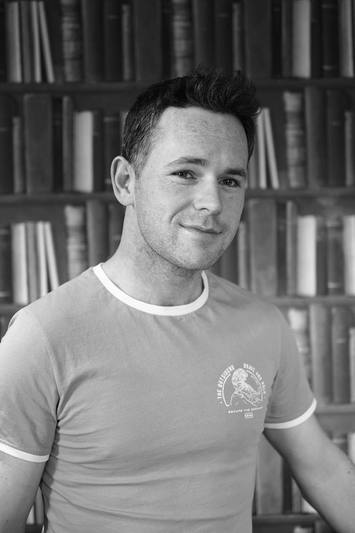
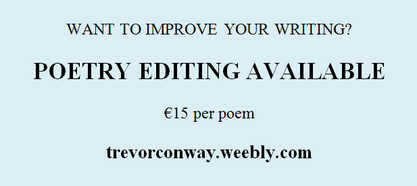
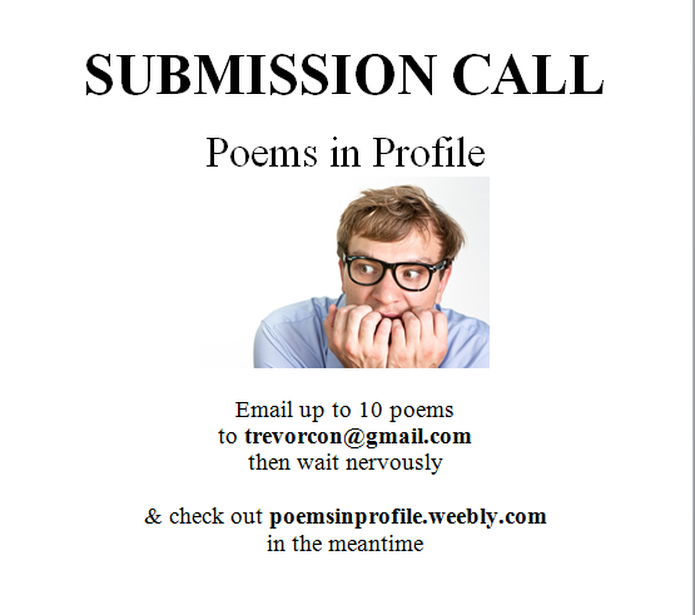
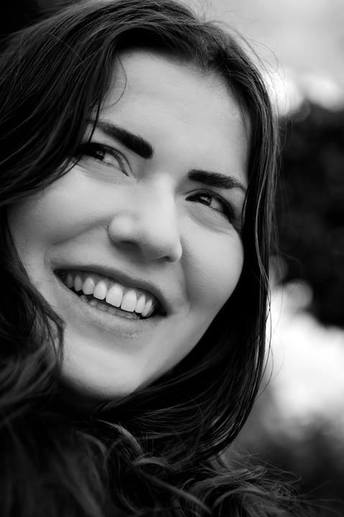
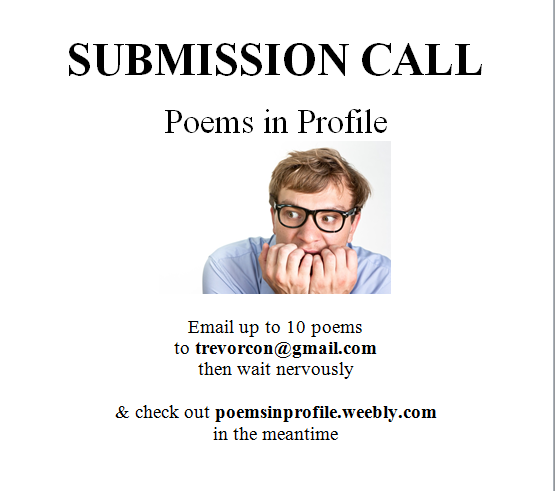
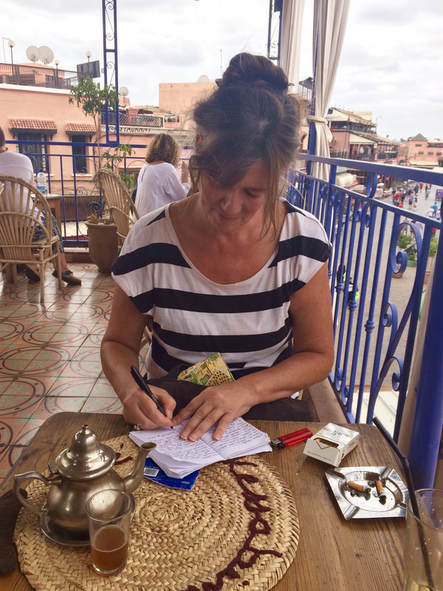
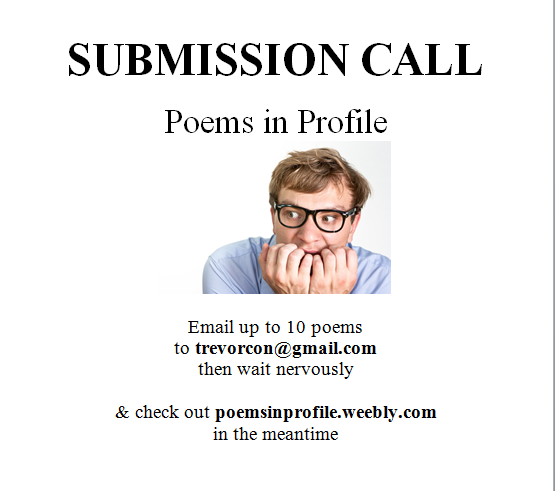
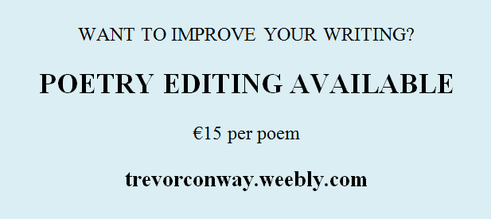
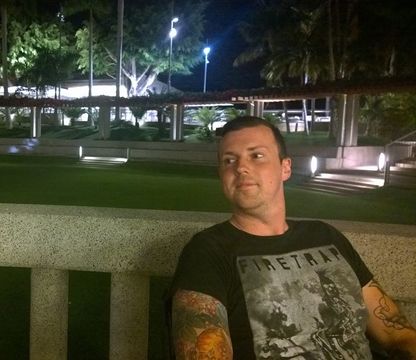
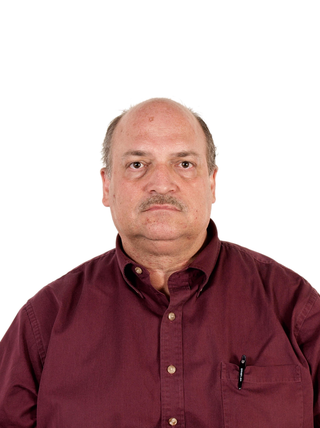
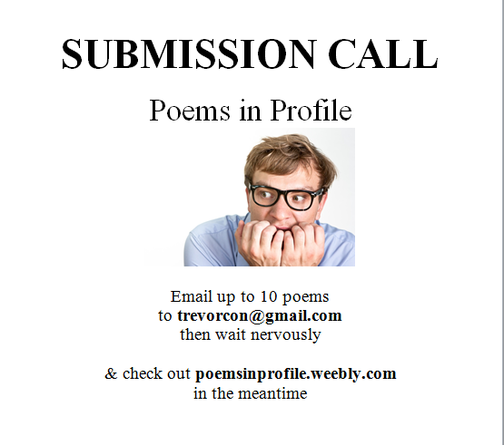
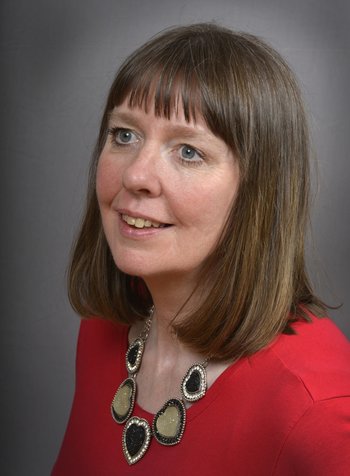
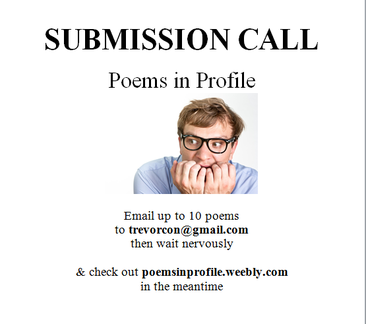
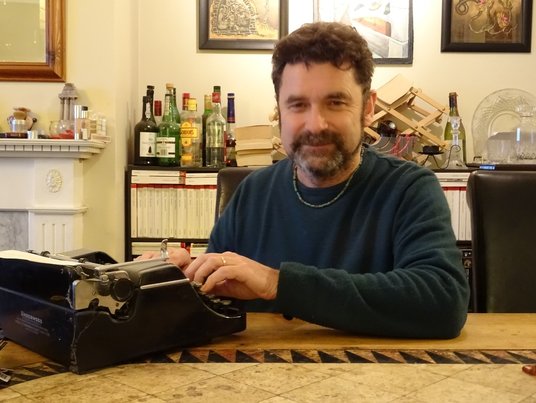
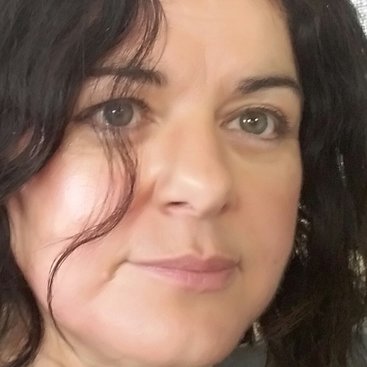
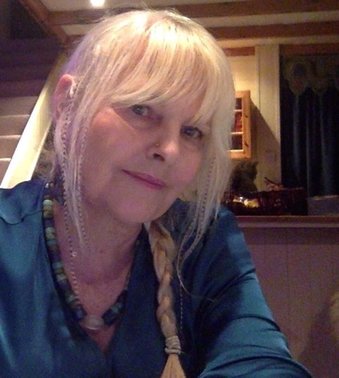
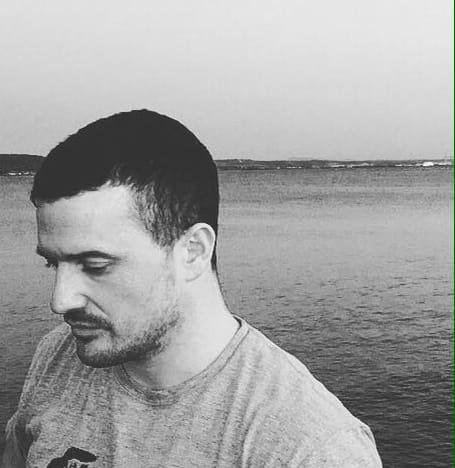
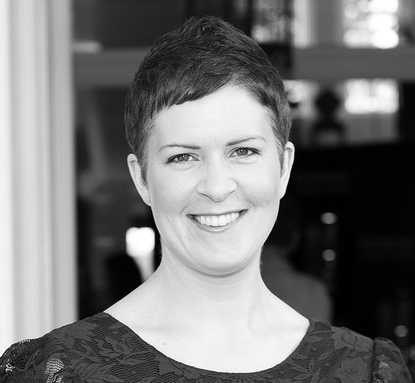
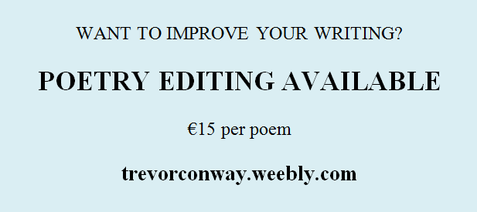
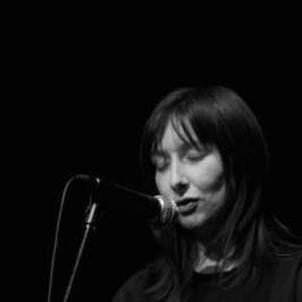
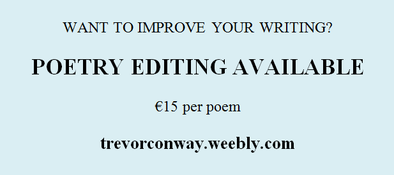
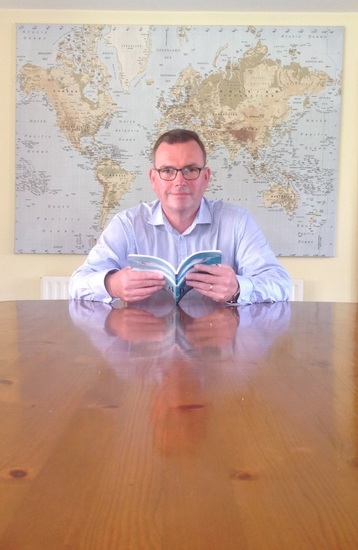
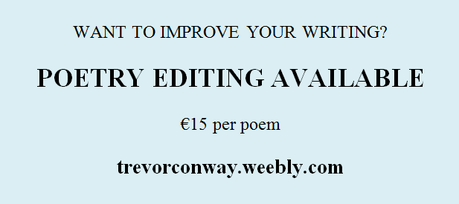
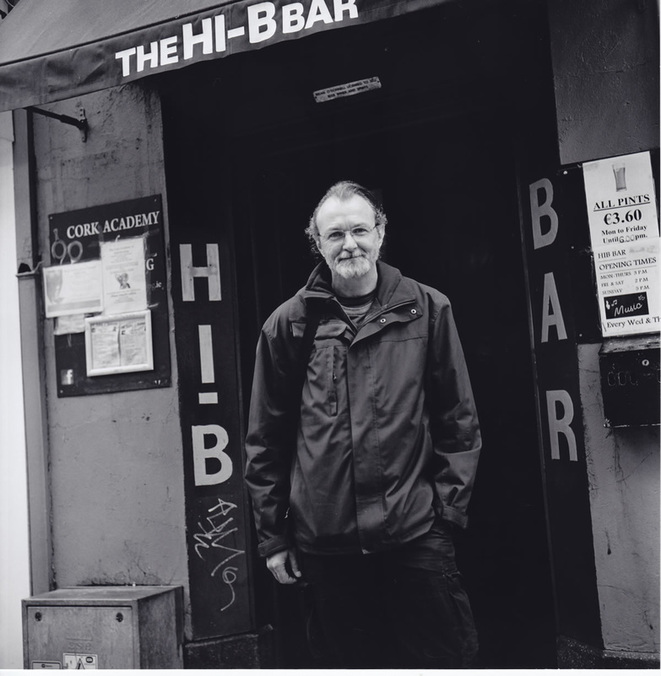
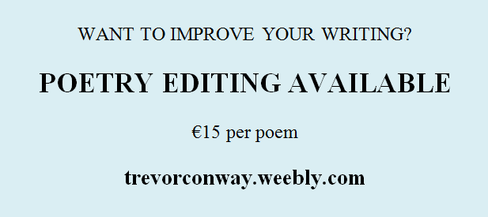
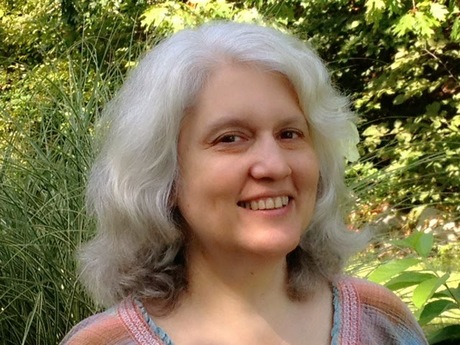
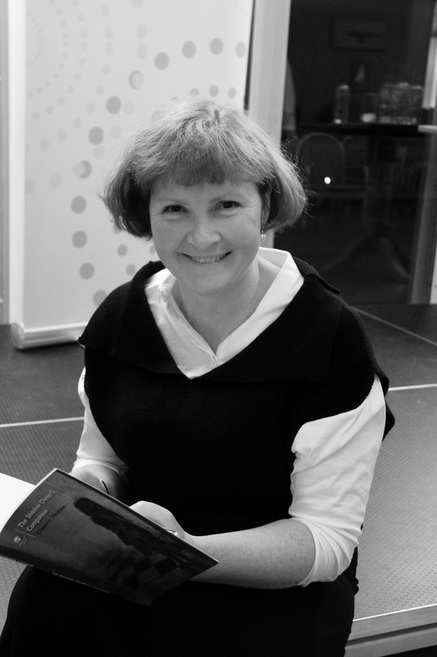
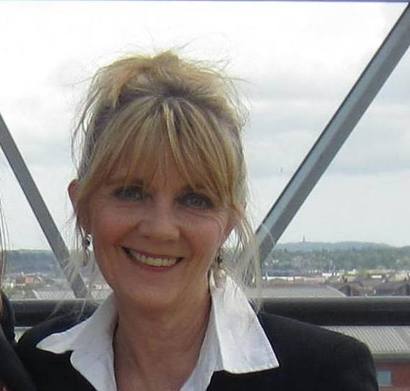
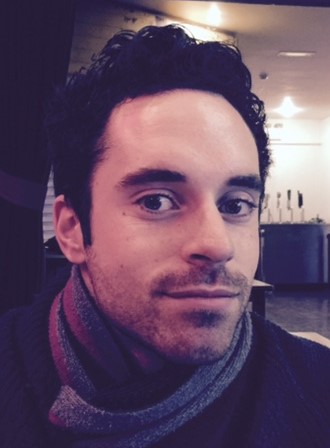
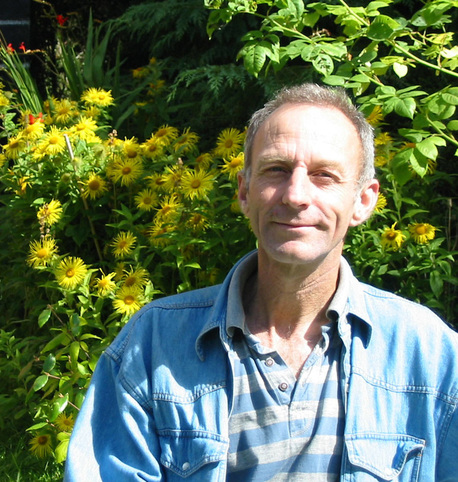
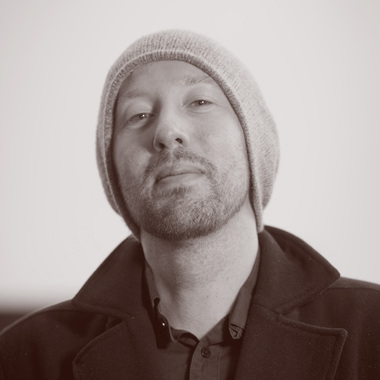
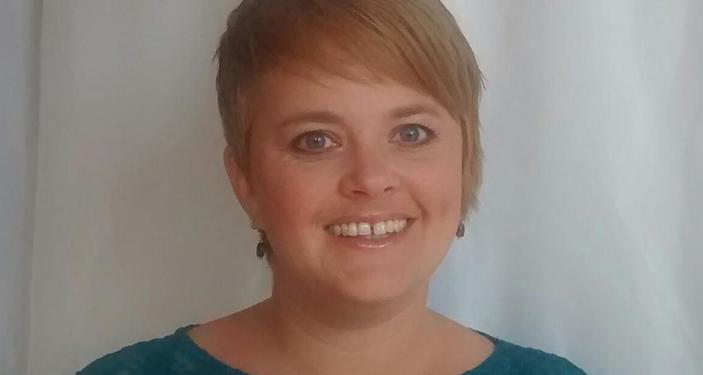
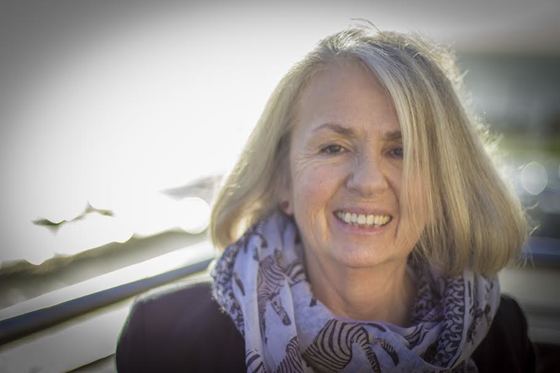
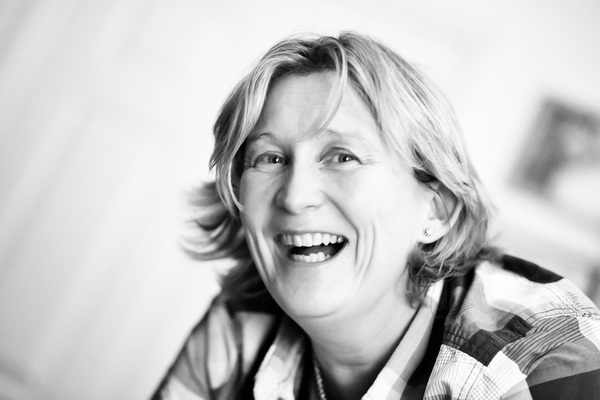
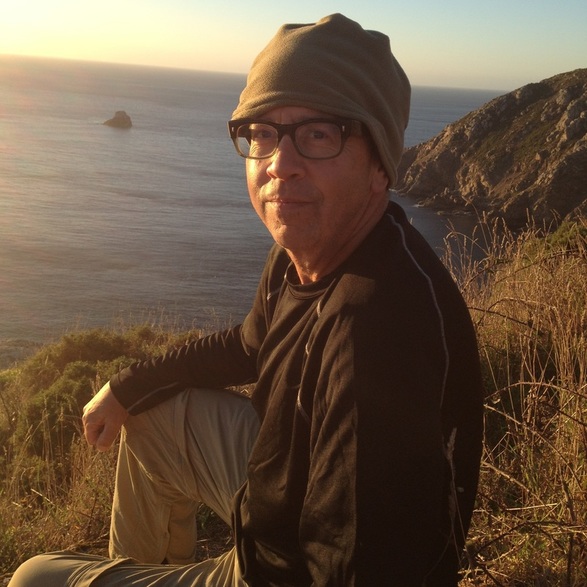
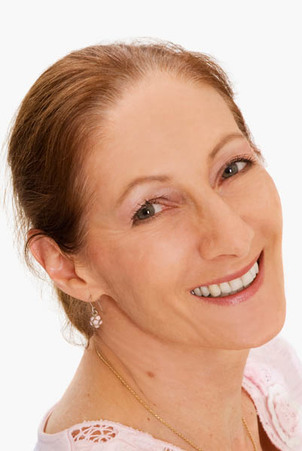
 RSS Feed
RSS Feed
